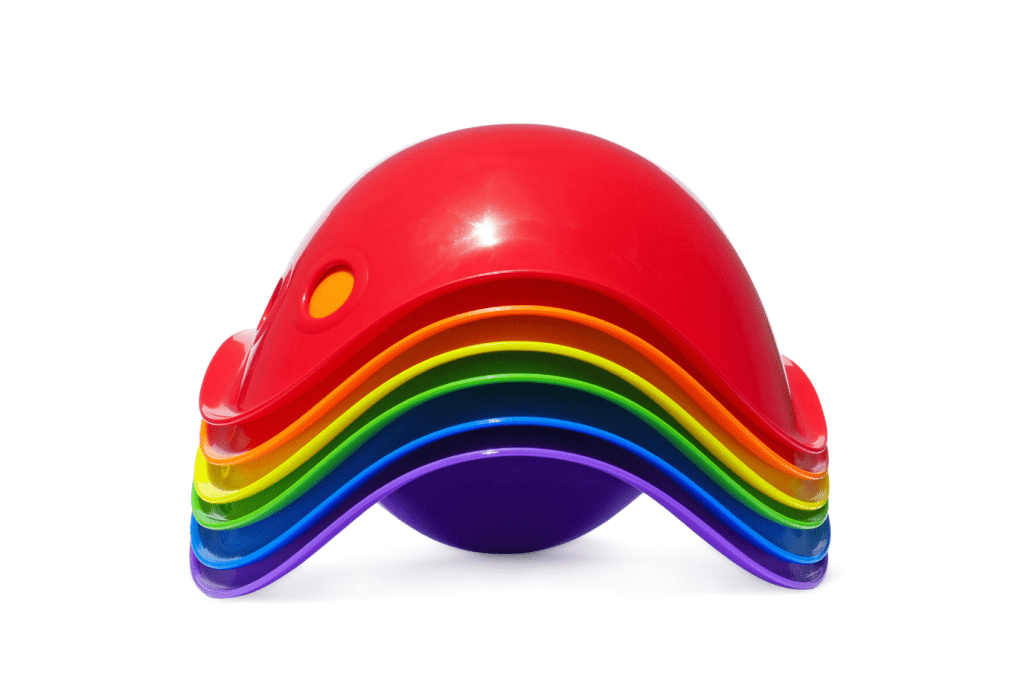Menu
-
- Valentine's Gifts
- Lunar New Year Gifts
-
Shop Gifts By Age
- Gifts For a 0-6 Month Old
- Gifts For A 6-12 Month Old
- Gifts For A One Year Old
- Gifts For A Two Year Old
- Gifts For A Three Year Old
- Gifts For A Four Year Old
- Gifts For A Five Year Old
- Gifts For A Six Year Old
- Gifts For A Seven Year Old
- Gifts For An Eight Year Old
- Gifts For A Nine Year Old
- Gifts For A Ten Year Old
-
Shop Gifts By Budget
- New Arrivals
-
Toys
- Large Active Toys
- Animal Toys
- Arts & Crafts
- Award-Winning Toys
- Bath Toys
- Birthday Wishlists
- Building Toys
- Cars, Trains, & Trucks
- Games
- Instruments
- Loose Parts Play
- Loot Bag Toys
- Made in Canada
- Outdoor Toys
- Pretend Play
- Puzzles
- Sensory And Fidget Toys
- Sensory Bin Tools & Fillers
- STEM Toys & Activities
- Toronto-Themed Gifts
- Travel Toys
- Wooden Toys
- Waiting Room Toys & Furniture
-
Montessori Materials
- Montessori At-Home Program
-
Montessori Furniture
-
Bundles & Sales
-
Books
-
Shop By Age
-
Shop By Brand
-
Brands A-F
- 3 Sprouts
- 4M
- Ark Therapeutic
- Avenir
- B. Toys
- Bamboo Switch
- Beleduc
- Bob Books
- Brio
- bug + bean
- Carpets for Kids
- Cherrypick
- Children's Factory
- CJECOPLAY
- Clixo
- Connetix Tiles
- Crayola
- Creativity For Kids
- Crocodile Creek
- DJECO
- Educare
- Educational Insights
- Educo
- eeBoo
- Erzi
- ezpz
- Fat Brain Toys
- Fidget Company
- Foundations
- Brands G-L
- Brands M-R
- Brands S-Z
-
Brands A-F
-
- 866-901-4696
- Gift Registry
- Login

Am I Spoiling My Children? Teaching Children Gratitude
2 min read

My oldest son just had his fifth birthday. The last week was filled with fun, friends, family, and cake...
...but I COULD NOT BE MORE EXHAUSTED.
I don't know about you but sometimes I step back and think about just how lucky my children are.
And not just for the items they have but for how hard my husband and I work to spend quality time with them, learn about their interests, and provide a supportive, loving home for them.
I sometimes worry that I'm spoiling them, especially when I can tell that they don't really understand all the work that goes into parenting them.
But, Katie (our Infant and Toddler Montessori teacher that runs our virtual program) recently reminded me, gratitude is developed through experience. It's not something that young children can understand.
Children have to fully understand the act of gift giving from the other person’s perspective before they can genuinely feel it - the thought, time, effort, or even money that was put into getting a gift.
It’s not until the preschool years that they can even BEGIN to do this, around four years of age.
Prior to age four, you can model gratitude, just understand that they aren’t developmentally capable of fully grasping it until at least age seven.
"Teaching" Children Gratitude
While young children won't likely feel gratitude, we can still model it by consistently showing them when it’s appropriate to be grateful, like when:
- This helps them to learn that gift giving and acts of service make us feel good and we show gratitude to others for making us feel that way.When someone helps us
- When someone serves us (ice cream parlour, restaurant, transit drivers, etc.)
- When someone gives us a gift
You can talk to your child about how they feel when someone does something nice for them.
Some families weave gratitude into their daily conversations.
At dinner or while winding down at bedtime, you can ask each other questions like:
- What’s something that happened today that made you feel happy?
- Did anyone do anything nice for you today?
- Did you do anything nice for someone today?
The wording of the questions will depend on the age of the child.
You can also talk to your child about times when you felt grateful. For example, "It made me feel so happy when you helped me sweep the floor today. Thank you for your help!"
This Is Normal
If your young child doesn’t react to gifts or special surprises the way you were hoping, know that it's not because they're ungrateful.
You'll notice a lot of the info we share in the newsletter is less about changing a child's behaviour and more about adjusting adult expectations, perspectives, and behaviour. This is one of those times.
Gratitude will come with appropriate modelling but until then, rest assured that it's developmentally normal.
Join Our Montessori Community
Sign up to get weekly activities, free printables, Montessori parenting guidance, and so much more.
Plus, get $10 off your first order of $100+.
Like this article? Get new articles, weekly activities, free printables, Montessori parenting guidance, and so much more.
One mom recently shared:
"Your newsletter is always SO great. It is one of the few I open and read weekly. You provide so much value. Thank you!"



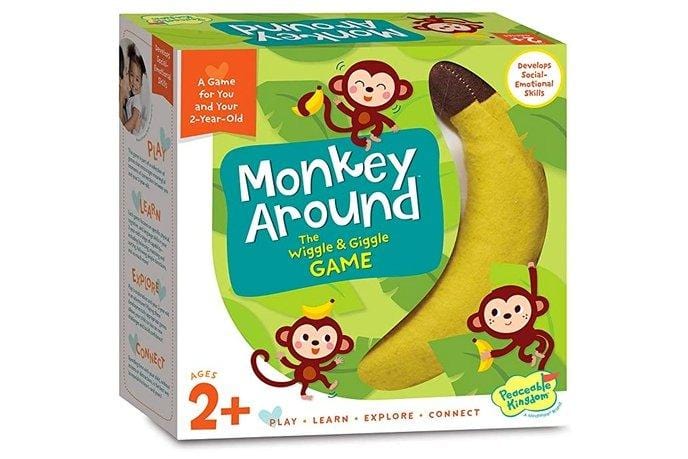
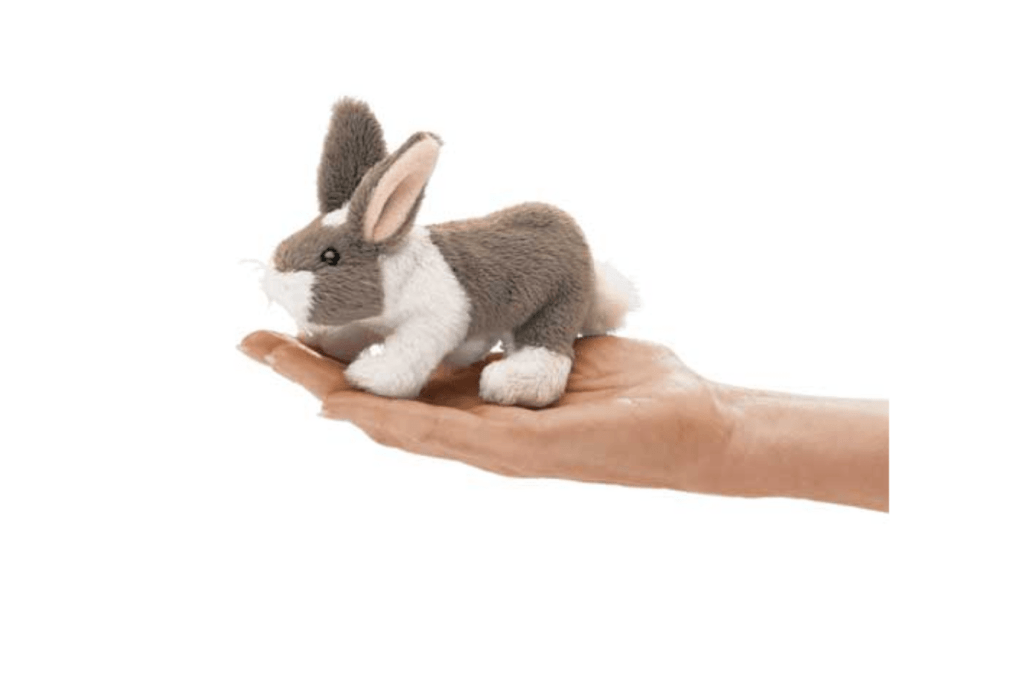
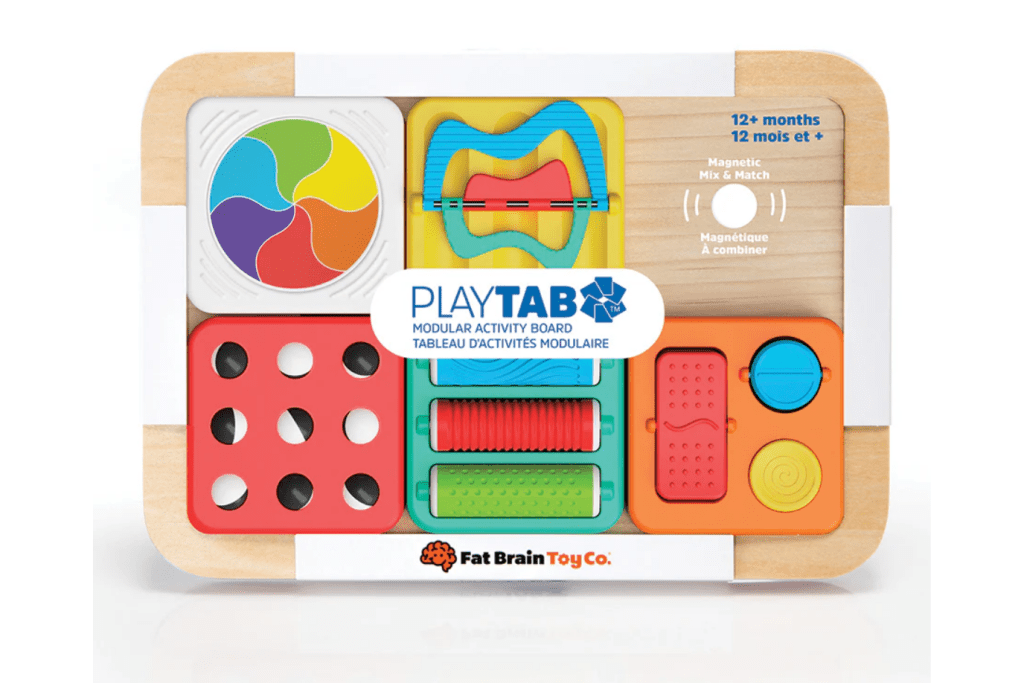
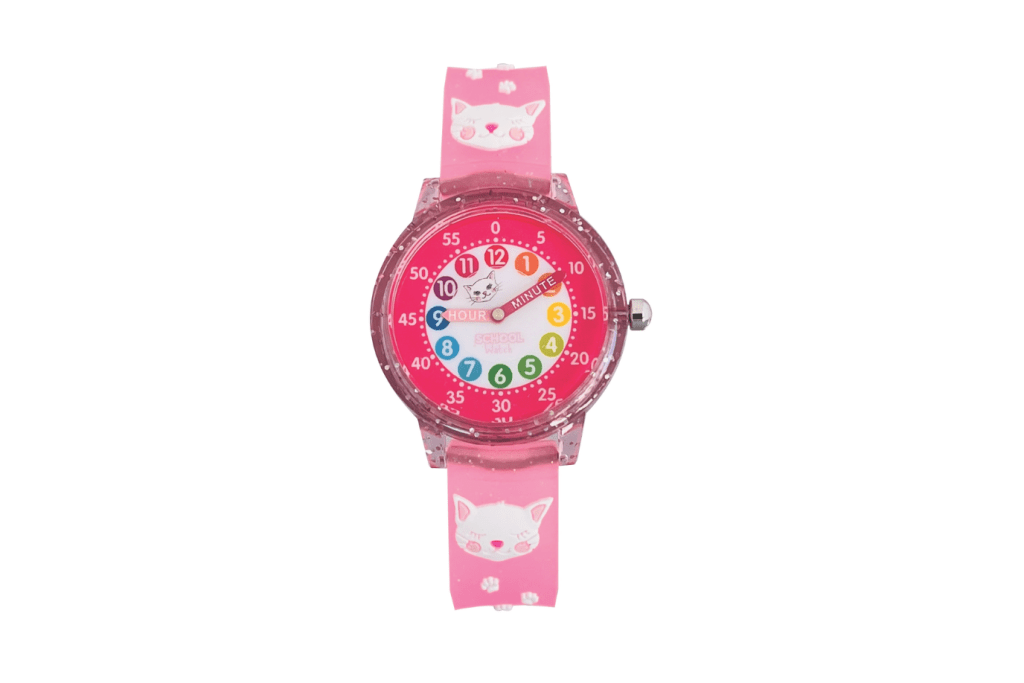
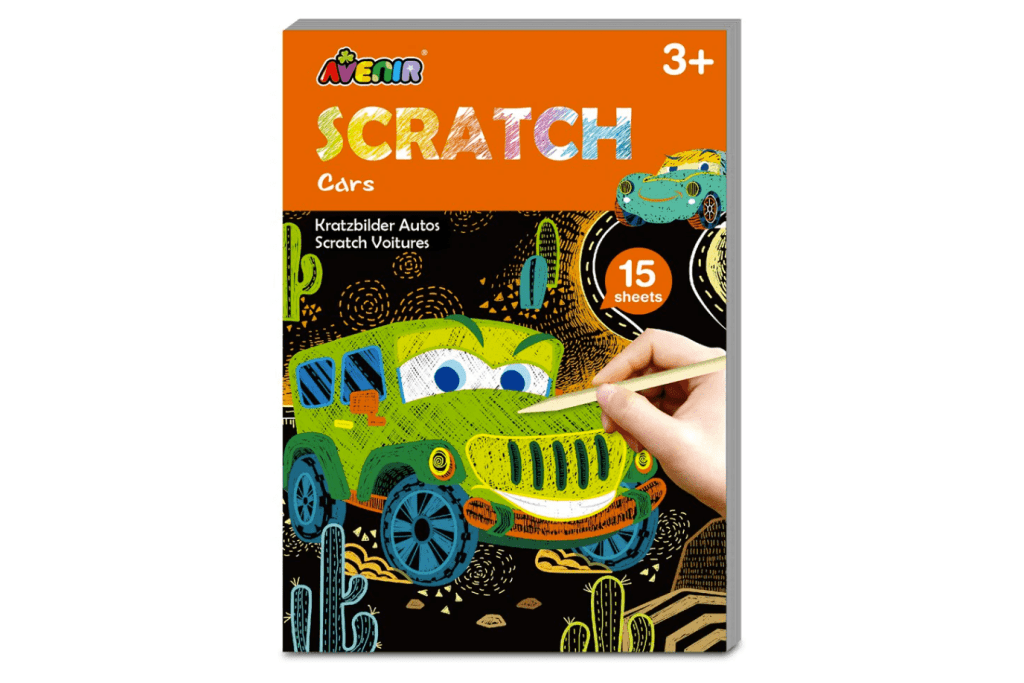

![Kidamento Kidamento Children's Cameras [3 Models]](http://themontessoriroom.com/cdn/shop/products/kidamento-childrens-cameras-3-models-661353_1600x.png?v=1699075281)
